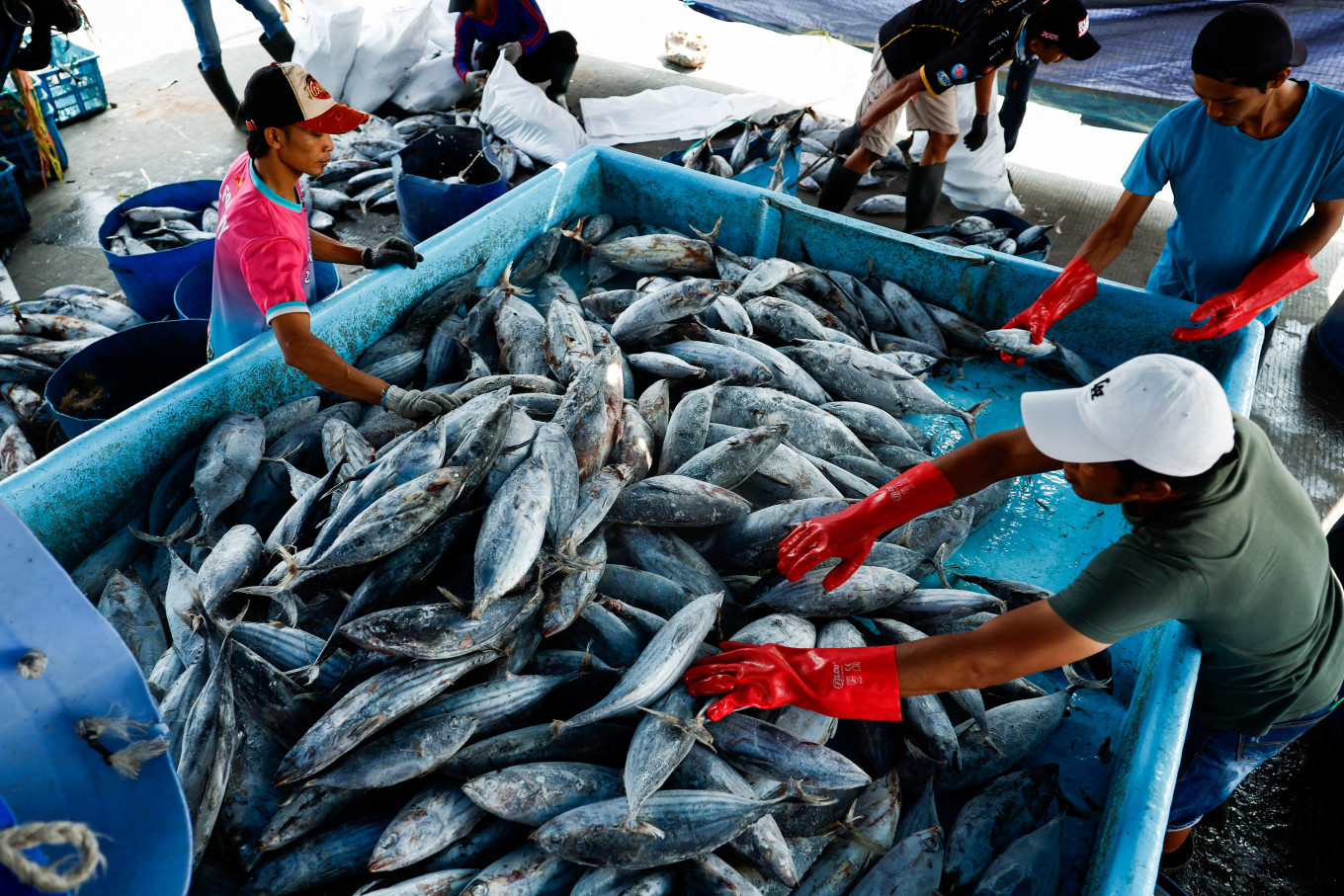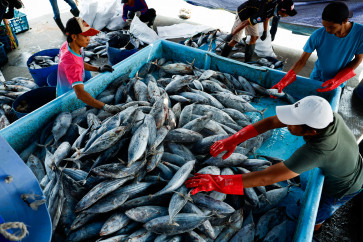Popular Reads
Top Results
Can't find what you're looking for?
View all search resultsPopular Reads
Top Results
Can't find what you're looking for?
View all search resultsProtecting our archipelago from illegal fishing
Indonesian waters are still prone to illegal, unreported and unregulated fishing by both foreign and domestic vessels
Change text size
Gift Premium Articles
to Anyone
T
oday marks Nusantara Day, when, 67 years ago, the government proclaimed Indonesia as an archipelagic state through the Djuanda Declaration. This milestone was a foundation for the recognition of the archipelagic state through the 1982 United Nations Convention on the Law of the Sea.
With its status as an archipelago, Indonesia has sovereignty over the vast ocean areas that are enclosed by its archipelagic baselines. Indonesia is blessed with abundant fisheries estimated at more than 12 million metric tonnes according to the latest stock assessment in 2022.
However, Indonesian waters are still prone to illegal, unreported and unregulated (IUU) fishing by both foreign and domestic vessels. According to the Maritime Affairs and Fisheries Ministry, as of November, marine and fisheries surveillance vessels have apprehended 212 fishing vessels engaged in IUU fishing, comprising 182 domestic vessels and 30 foreign vessels.
IUU fishing is a serious threat, depleting fish stocks and jeopardizing the marine environment. It also impacts fishers’ livelihoods and the national economy. A study by the ATSEA-2 Project in 2021 found that Indonesia’s economic losses from IUU fishing were about US$70 million annually.
Strengthening fisheries monitoring, control and surveillance (MCS), therefore, is crucial to clamp down on IUU fishing. The suggested strategies include the utilization of cutting-edge technology to improve IUU fishing detection, the strengthening of port inspection, as well as the strengthening of cooperation and information sharing.
The government should invest more in advanced monitoring technology to improve infringement detection. The use of cutting-edge monitoring technology is critical to make up for the lack of patrol assets and funds. There is an emerging dark vessel detection system through the use of synthetic aperture radar and optical satellite imagery that the government might consider applying.
The electronic monitoring system to observe the actual fishing operations and prevent unauthorized transshipment could be a propitious application. Furthermore, unmanned aerial vehicles could also be an option to complement the recent monitoring and surveillance system. By improving the detection system, fisheries surveillance and enforcement would be more effective and efficient.



















